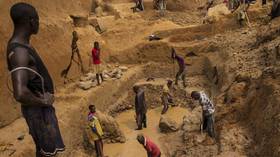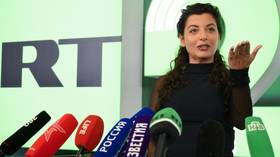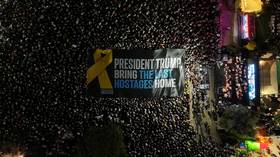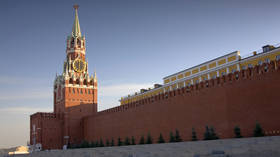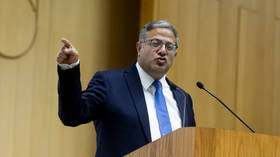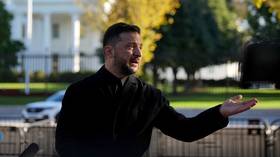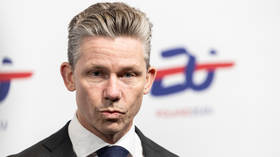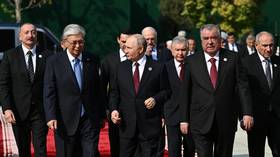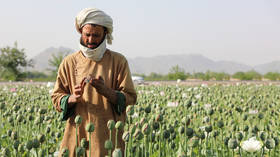US seeks bigger stake in African state’s minerals
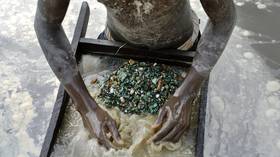
The US has discussed expanding its investment in Liberia, including greater participation in the West African country’s critical minerals sector, the State Department said Friday.
Secretary of State Marco Rubio and Liberian Foreign Minister Sara Beysolow Nyanti held talks in Washington on Thursday that focused on deepening bilateral ties, State Department spokesperson Tommy Pigott said.
“The meeting explored avenues for expanding US participation in Liberia’s critical minerals sector with the aim of creating jobs and economic growth in both the United States and Liberia,” he stated.
Rubio hailed the ongoing work of the Millennium Challenge Corporation (MCC), a US government development agency, that in 2021 closed a $257 million compact on electricity and roads with the Liberian government.
Africa’s oldest republic, a commodity-dependent economy and an exporter of iron ore and rubber, Liberia has sought increased investment in mining and infrastructure after the discovery of uranium, lithium, cobalt, manganese, and neodymium deposits.
Earlier this year, Liberian President Joseph Boakai said the country expects to attract $3 billion in investment following the new mineral finds, which he said were identified through studies conducted over five decades and funded by China.
In July, US President Donald Trump hosted five African leaders, including Boakai, at the White House for talks on economic partnerships.
However, Liberian civil rights activist Emmanuel Gonquoi told RT the meeting was part of a “colonial package” that rebrands imperialism as economic cooperation. He said Trump is more interested in exploiting Africa’s resources than in building genuine partnerships with the continent.
The US has faced criticism over its pursuit of critical-mineral deals in Africa in recent years. In the Democratic Republic of Congo, Trump has said a security agreement mediated by his administration would grant Washington access to Congo’s cobalt and copper in exchange for support for ending a deadly conflict between Kinshasa and rebels. Analysts have warned such arrangements raise transparency and sovereignty concerns.
